Endodontic treatment

specialists

equipment

treatment
General information
Each tooth in the jaw has a certain number of roots, inside of which there are thin tubes - channels with nerve endings and vessels responsible for feeding the tissues. The front incisors have one root, the chewing premolars and molars have 2 or 3 roots and, accordingly, the same number of canals.
Chewing lateral teeth have a more complex system of canals. They can follow a tortuous path and have several small branches. Endodontic treatment involves the complete removal of diseased neurovascular tissue inside the teeth from the crown cavity to the root tips.
After thorough cleaning, disinfection and hermetic sealing are carried out. If the contents of the canals are not completely removed, repeated inflammation with complications develops under the new filling, after which the tooth can rarely be saved.

Diseases for which dental canal treatment is performed

When a tooth decays, an inflammatory process occurs, which is accompanied by pain and swelling of the gums. The presence of these symptoms indicates damage to the pulp, in which removal of the nerve and cleaning of the canals is indicated. Treatment is carried out strictly according to indications after x-ray diagnosis, if there is a risk of inflammation and infection of surrounding tissues.
Diseases that require endodontic therapy:
- Pulpitis - inflammation of the neurovascular tissue inside the tooth (pulp)
- Periodontitis - inflammation of the gums and tooth root (periodontal)
Both diseases are accompanied by acute or aching pain, which intensifies at night. At later stages, suppuration forms in the gums, and fistulas may appear - breakthroughs with leakage of purulent contents. Pulp necrosis is not always accompanied by pain, but only in cases where the lesion has reached the nerve endings. At the first stage of caries or with a crack in the enamel, a process of destruction may begin, which does not yet cause pain.
Treatment of tooth canals can be cheap at the initial stage, if there is no extensive inflammation and destruction. In this case, the price of the dentist’s work will include partial removal of the affected tissue and filling.
Removal of neurovascular tissue during endodontic dental treatment is an extreme measure, since after this the tooth “dies,” which makes it more fragile under subsequent chewing loads. To save a tooth, it is important to promptly contact a dentist at the first signs of caries or damage to the tooth surface as a result of injury.
General information about root canal treatment
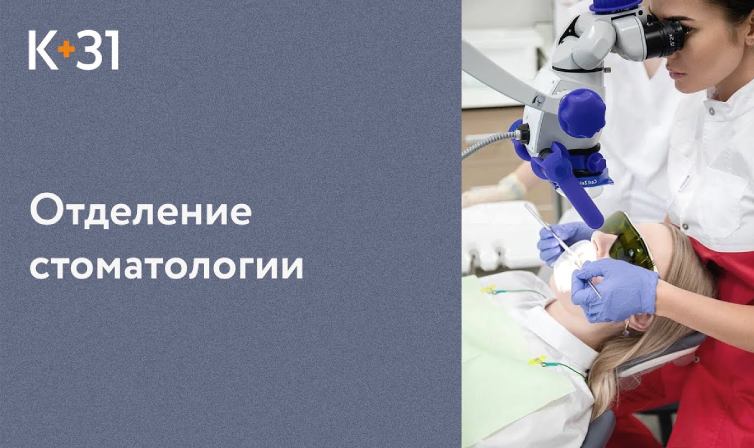
Modern methods of diagnostics and dental treatment at "K+31"
Our doctors

This award is given to clinics with the highest ratings according to user ratings, a large number of requests from this site, and in the absence of critical violations.

This award is given to clinics with the highest ratings according to user ratings. It means that the place is known, loved, and definitely worth visiting.

The ProDoctors portal collected 500 thousand reviews, compiled a rating of doctors based on them and awarded the best. We are proud that our doctors are among those awarded.
Make an appointment at a convenient time on the nearest date
Price
Answers to popular questions
Cost of root canal treatment in Moscow
Dental clinic "K+31" offers a wide range of services in therapy, prosthetics, bite correction, whitening and endodontic surgery. We provide root canal treatment at an affordable price. Traditional methods of therapy and surgery are used, as well as innovative technologies carried out using optics.
How much treatment costs depends on the number of tooth canals, the complexity of the work, the need to use a microscope, reinforcing structures, implantation of pins and restoration method.
To make an appointment with a dentist, you must call the phone number provided or leave a request on the website. The administrator will contact you and advise on price, recording time and other issues.
Other Services


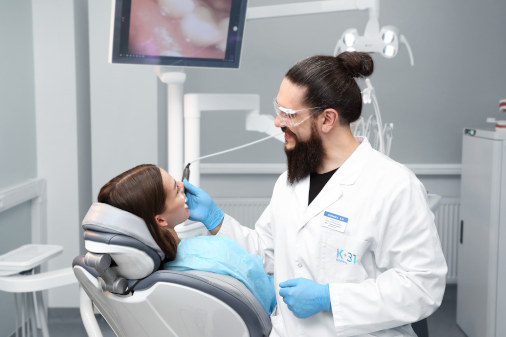
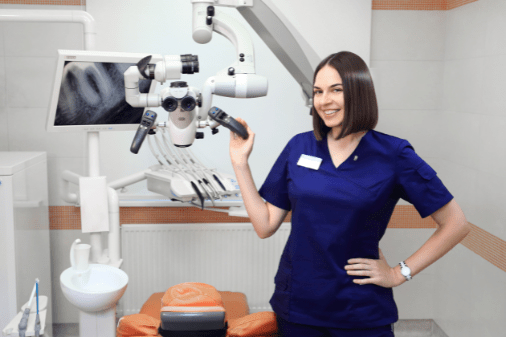
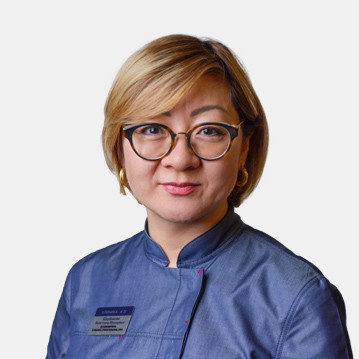
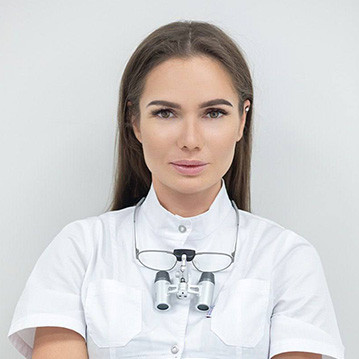
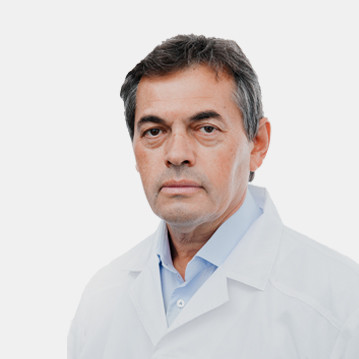
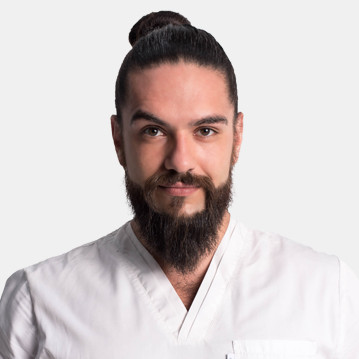
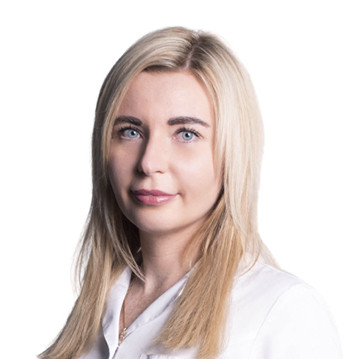
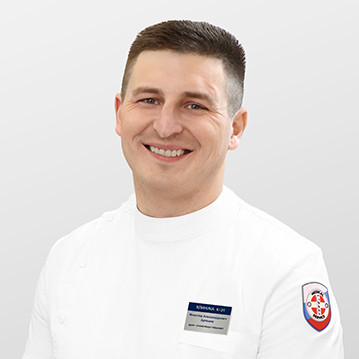
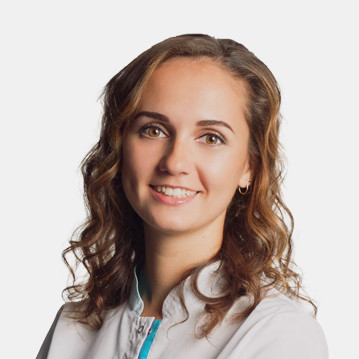
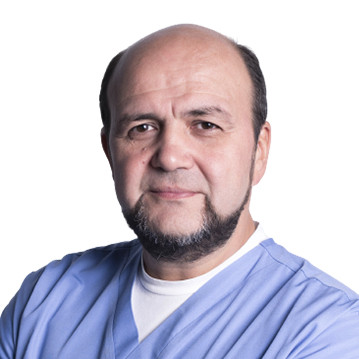
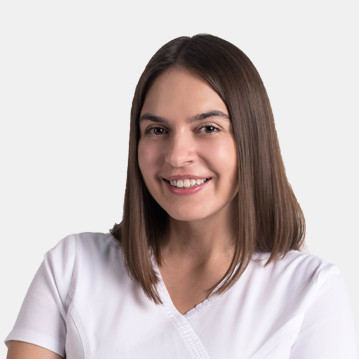
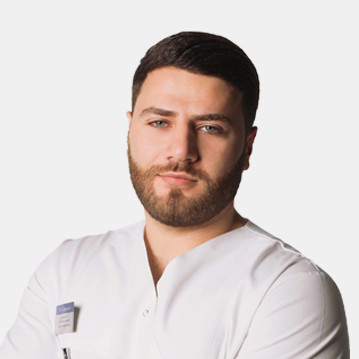
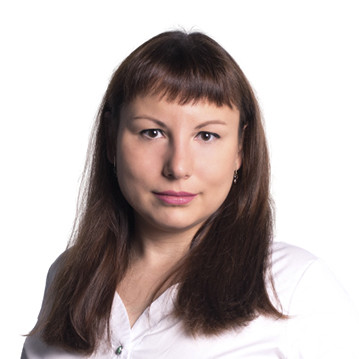
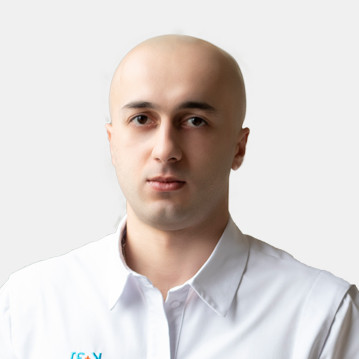
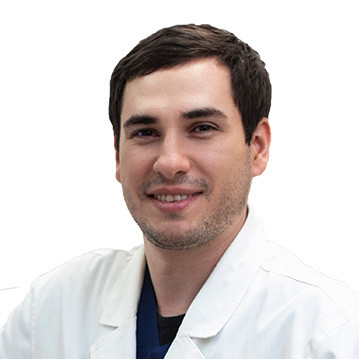

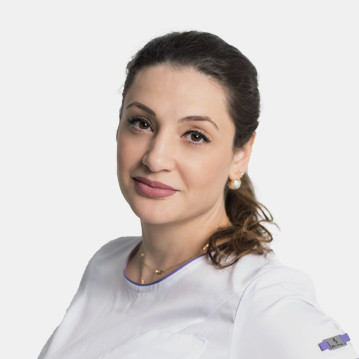
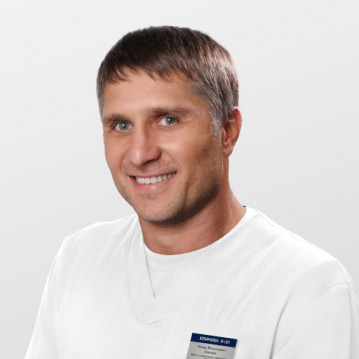
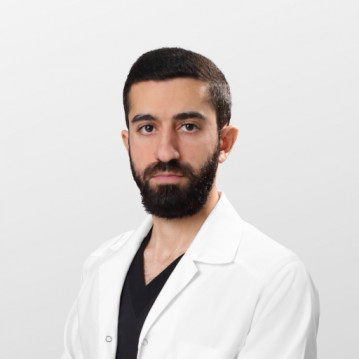
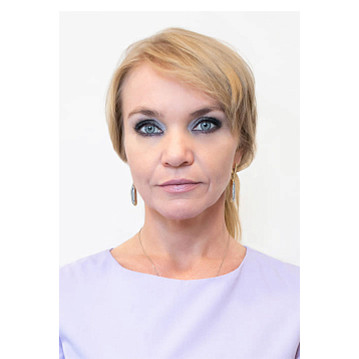

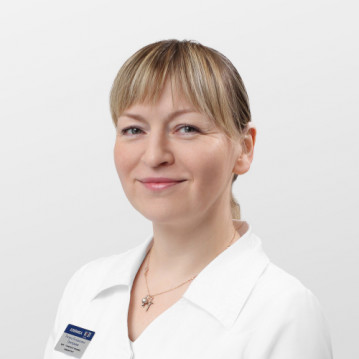
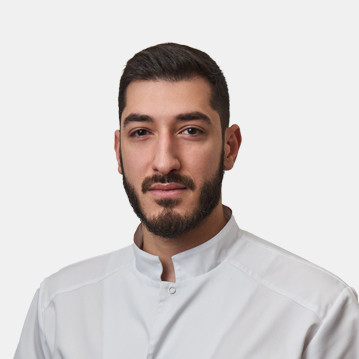


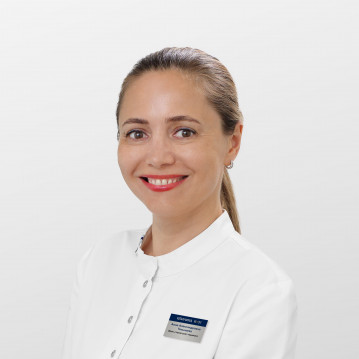
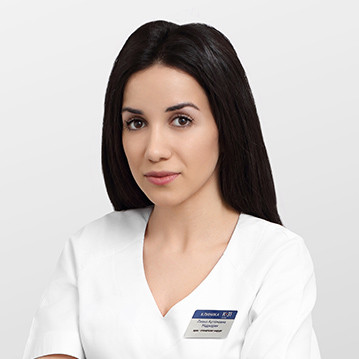
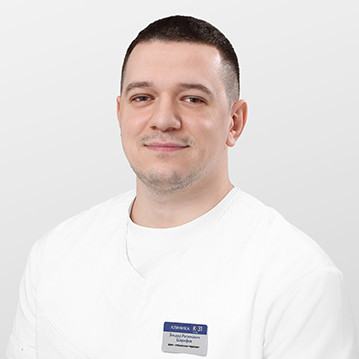
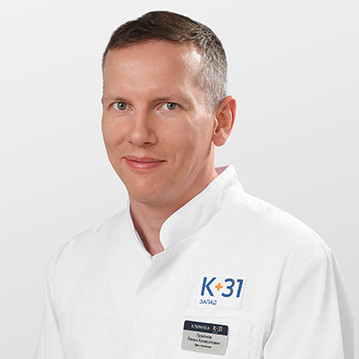
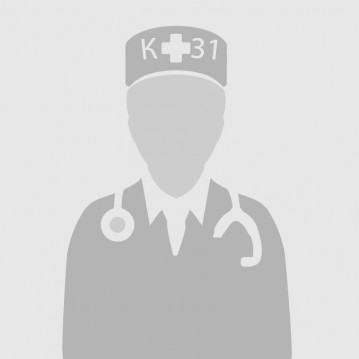
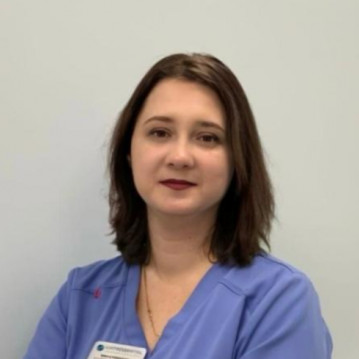
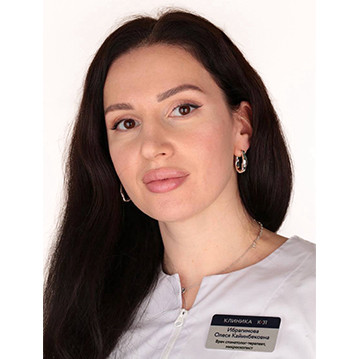
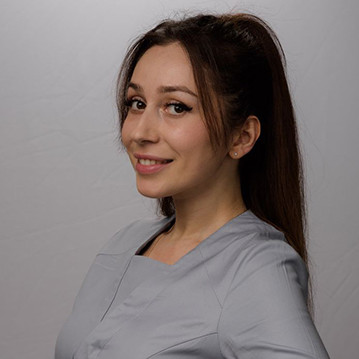
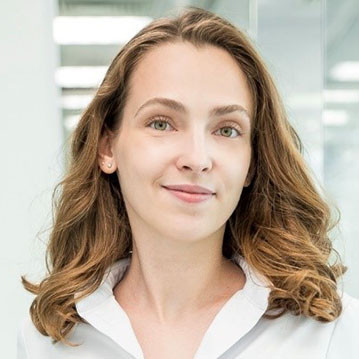
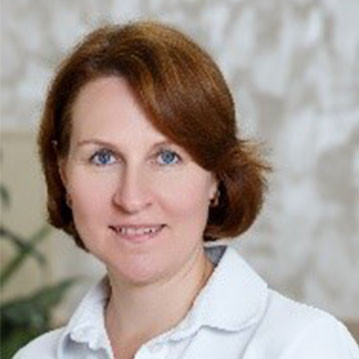
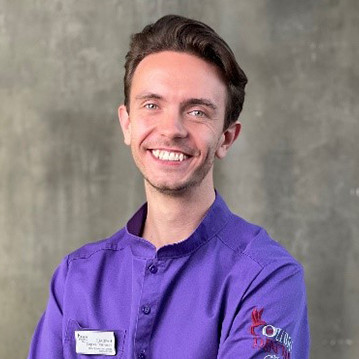
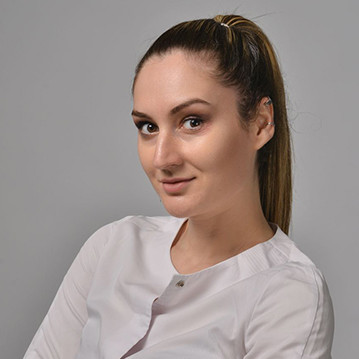

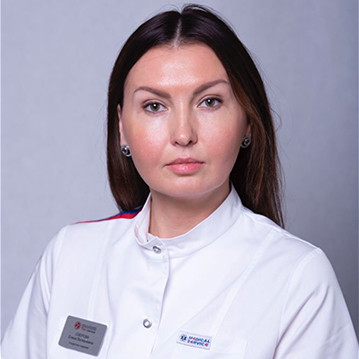

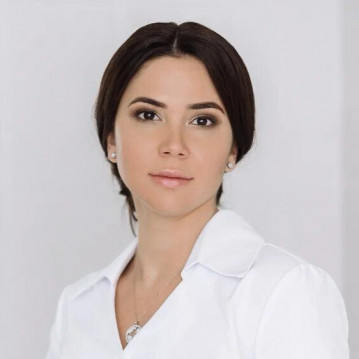







About the disease
Trauma or caries destroys the tooth, and an inflammatory process develops inside. As a result, the pulp - the soft tissue with nerves and blood vessels in the dental chamber - is damaged, as well as its root canals.
The condition is accompanied by acute or increasing throbbing pain and is dangerous due to the appearance of an abscess and destruction of the bone tissue of the jaw. Timely treatment of tooth canals helps to avoid their removal and the development of complications.